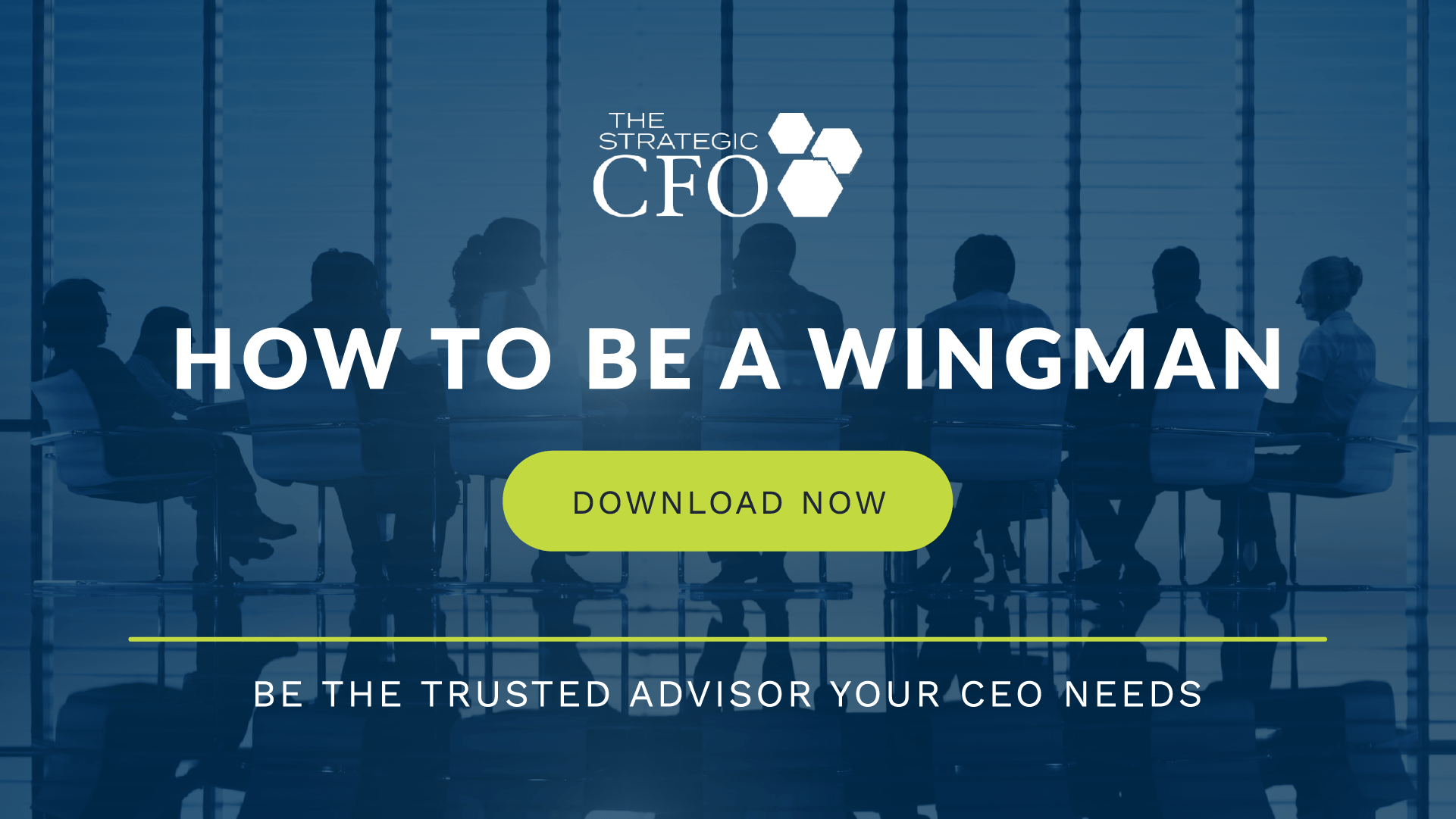See Also:
What are the 7 Cs of banking
Categories of Banks
Finding The Right Lender
How Important is Personal Credit When Negotiating a Commercial Loan?
Bank Reconciliation
Choosing a Bank: Which Bank to Choose?
I was involved in a speaking engagement recently with my friend, a banker named Larry from Community Bank located here in Houston. After our talk a gentleman from the audience, Al, asked us “Are banks different and if so, which one should I choose?” Larry answered first and after his response all I could say was “I agreed.”
Larry started by saying “Yes banks are different.”
He continued by telling Al that “Part of my answer I know you didn’t request but it is necessary information you need to consider.”
“To answer your question I feel that it is essential for small business owners to write out what they want and need from a bank. This is no different than having specific criteria or objectives in looking for an employee. What do you want the banker and bank to do for you and your business? Then, as you interview banks tell them what your needs and expectations will be and that you require them to be met. Larry stressed this point “Voice them now or be sorry later!”
Download The How To Be A Wingman Guide
5 Considerations for Choosing a Bank
Larry went on to say that for larger businesses there are 5 primary areas of concern that need to be questioned during the process of choosing a bank:
1) Financial Standing
Review the bank’s financial statements. If the bank is a public corporation their financial information is available at www.sec.gov. If they are a private company their financial information is available at www.fdic.gov. Your areas of concern while looking at the financial information are: a) is the net worth of the bank increasing annually, which usually means they are making a profit and b) are bad loans increasing or decreasing. Ask the banker why there are changes in the net worth or bad loans because, rest assured, the banker will ask you why there are changes in your business. Just like a bank will not loan you money when your company is losing money, you do not want to be involved with a bank that is making poor business decisions.
2) Community Standing
What is the perception of the bank by leaders in the community? Talk to business leaders in the primary business sectors, such as real estate, retail, wholesale. Or even to your competitors who may be customers of the bank you are considering.
3) Lending Appetite by the Bank
Larry said “Al, there are two concerns in it this area you should address.”
a) Risk appetites (tolerances) – You need to ask the banker the bank’s lending philosophies, such as loan advance percentages against collateral and loan policies to make sure your business fits within what the bank wants and you can accept.
b) Loan appetites – Is the bank mainly a consumer or commercial lender? What industries specialization does the bank promote? Make sure they already understand your business, because you don’t have time to teach them. What types of loans does the bank not want to make?
Banks’ may mainly make loans on income producing real estate or loans to owner occupied businesses. If you are looking for something else, it is probably not going to happen with the bank you are talking too. What size loan customers does the bank want? Banks normally consider a small business one which has revenues less than $2 million. They define lower middle market businesses as those with revenues from $2 million to $30 million. Finally, they consider middle market businesses as having revenues from $30 million to $250 million. Make sure your company fits into the size the bank wants, or you may not be satisfied with the bank’s effort to get and retain your business.
4) Loan Office Experience Level
“Do you want to deal with an order taker or a decision maker?”
5) Bank’s Desire
Do you feel they are interested and excited about doing business with you? Recall your dating days, how you got excited if the other person appeared interested! This is about establishing a relationship. Is there connection between you and the bank? You must remember there is a price to pay if you have to change your banking relationship.
Larry finished by telling Al, “What it really boils down to is two people getting to know one another and seeing if their needs match.”
Learn how you can be the best wingman with our free How to be a Wingman guide!

Access your Projections Execution Plan in SCFO Lab. The step-by-step plan to get ahead of your cash flow.
Click here to access your Execution Plan. Not a Lab Member?
Click here to learn more about SCFO Labs











